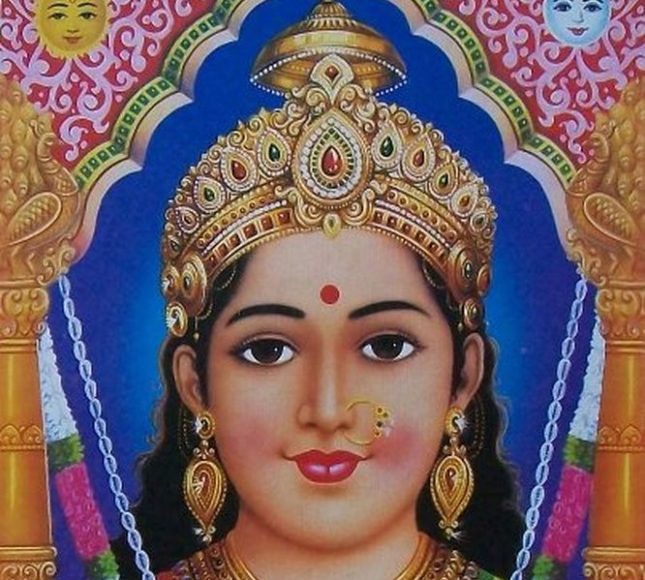BHAVANI You are called Bhavani, who was from the very beginning. Where did you go at the time of granting salvation ? (Gond Namdev, p. 874) Bhavani is another name for Parbati and Mahamaya. She is also called Durga and Uma. See : Ad Bhavani , Parbati (Parvati) , Durga , Uma (Umapati) .
References :
1. Kohli,Surindar Singh ed, Dictionary of Mythological References in Guru Granth Sahib, 1993
Bhavani
The Guru Granth Sahib, the central scripture of Sikhism, is a masterpiece of spiritual wisdom that draws from a range of cultural and religious traditions to impart universal teachings. Its hymns reflect the Gurus’ inclusive approach, embracing diverse symbols and metaphors to guide humanity toward truth, compassion, and union with the Divine. Among the mythological references within the scripture is the concept of Bhavani, a deity in Hindu tradition.
In Hindu mythology, Bhavani is often identified as a manifestation of Durga or Parvati, embodying divine strength, protection, and nurturing qualities. Bhavani is revered as the goddess who sustains life, defends righteousness, and empowers devotees to overcome challenges. Her association with courage and grace makes her a symbol of divine empowerment.
While Bhavani as a literal figure does not occupy a central role in Sikh teachings, the Guru Granth Sahib often refers to divine power and protection in ways that resonate with her attributes. The scripture emphasizes the qualities of courage, resilience, and grace as gifts from the Creator, who is the ultimate source of all strength and sustenance. These themes parallel the nurturing and protective aspects associated with Bhavani in Hindu tradition.
The Guru Granth Sahib transforms mythological references into universal lessons, encouraging seekers to rely on divine support and to embody virtues that lead to spiritual growth. By incorporating symbols such as Bhavani, the scripture bridges cultural narratives and underscores its inclusive ethos. It reminds humanity that the Divine empowers each individual to rise above challenges and lead a righteous life.
In conclusion, the reference to Bhavani in the Guru Granth Sahib aligns with the broader themes of divine support, courage, and spiritual empowerment. It illustrates the scripture’s ability to transcend cultural boundaries, enriching its teachings with universal wisdom that inspires seekers to connect deeply with the Divine and embrace their highest potential.



